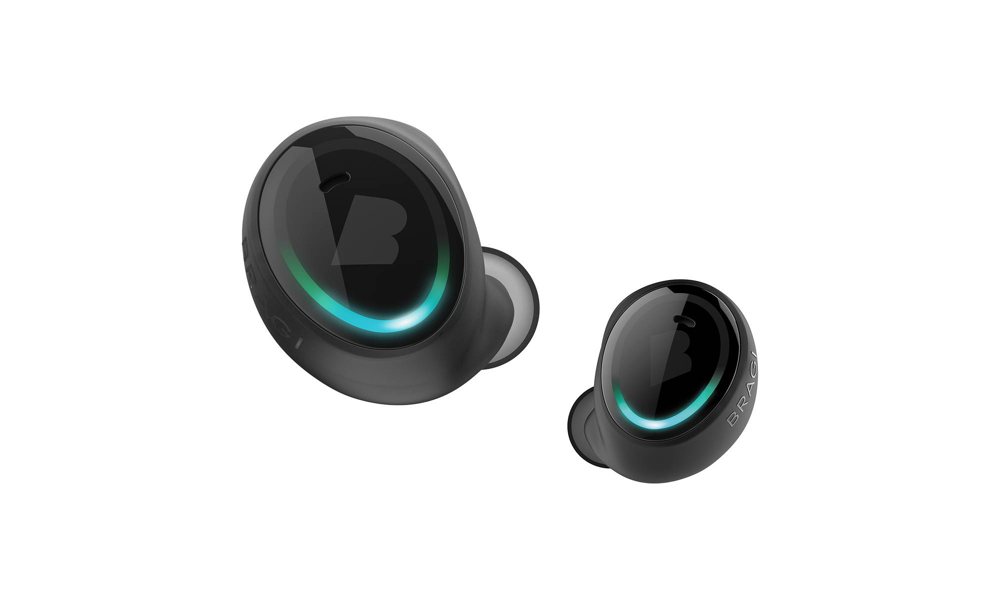Bragi Exits Consumer Market, Conceding Defeat to Apple’s AirPods

Toggle Dark Mode
Apple’s AirPods aren’t the only game in town when it comes to “true wireless” earphones, but there’s little doubt that they’ve become the most popular. It’s difficult to walk around any major city without seeing dozens of people wearing them, and it’s not just that the white earbuds naturally stand out; Apple’s original AirPods were still dominating the wireless headphone market well over a year after they were released, making up 75 percent of the sales of all wireless headphones.
So with last month’s release of the second-generation AirPods, and the company expected to release new wireless Powerbeats Pro in the coming weeks, it’s probably no big surprise that some competitors are beginning to throw in the towel, and the first to concede defeat is none other than Bragi, the company that actually tried to beat Apple to market with its Dash wireless earphones back in 2015.
According to Wareable, Bragi has officially exited the consumer products market entirely, with the sale of its product business to an unnamed third-party buyer last March. Bragi will continue to support customers who have purchased its devices throughout the transition, after which the new owner has committed to continuing support for the products.
With the sale of our product business, Bragi has completed its transformation into a software, AI and IP licensing company.
Bragi CEO Nikolaj Hviid
Nikolaj Hviid, the CEO of Bragi, noted that going forward, the company will be focusing entirely on software, artificial intelligence, and licensing, suggesting that it was the AI and software in its Dash Pro that was its real business strategy from the beginning.
The German startup introduced its original Bragi Dash earphones to a great deal of fanfare back in 2015 via a massive Kickstarter campaign that raised $3.4 million, and arguably paved the way for Apple to introduce its own AirPods the following year. Unfortunately for Bragi, the Dash was a beautiful concept that was horribly executed, suffering from poor Bluetooth connectivity, sound quality that was mediocre at best, and an unreliable touch control interface.
Despite these flaws, however, several other companies saw some potential in Bragi, and according to sources, even Google expressed an interest in acquiring Bragi’s technology for its own Pixel Buds back in 2017. Fitbit also reportedly entered into talks with Bragi around the same time, although both deals fell by the wayside when Bragi secured new funding later that year.
Several other companies followed Bragi’s lead in trying to produce their own “true wireless” earbuds, all with limited success. Meanwhile, Apple took its AirPods in an entirely different — and much more ambitious — direction. While Bragi and other manufacturers relied on Near-Field Magnetic Induction (NFMI) technology to pass on the Bluetooth connection from one earbuds to the other, replace the wire used to link traditional Bluetooth earbuds, Apple created the groundbreaking W1 chip that allowed both earbuds to connect directly to the iPhone over Bluetooth and still remain in sync. The result was that Apple’s AirPods have been able to provide the kind of solid and reliable Bluetooth connection that most other true wireless earbuds can only dream of.






